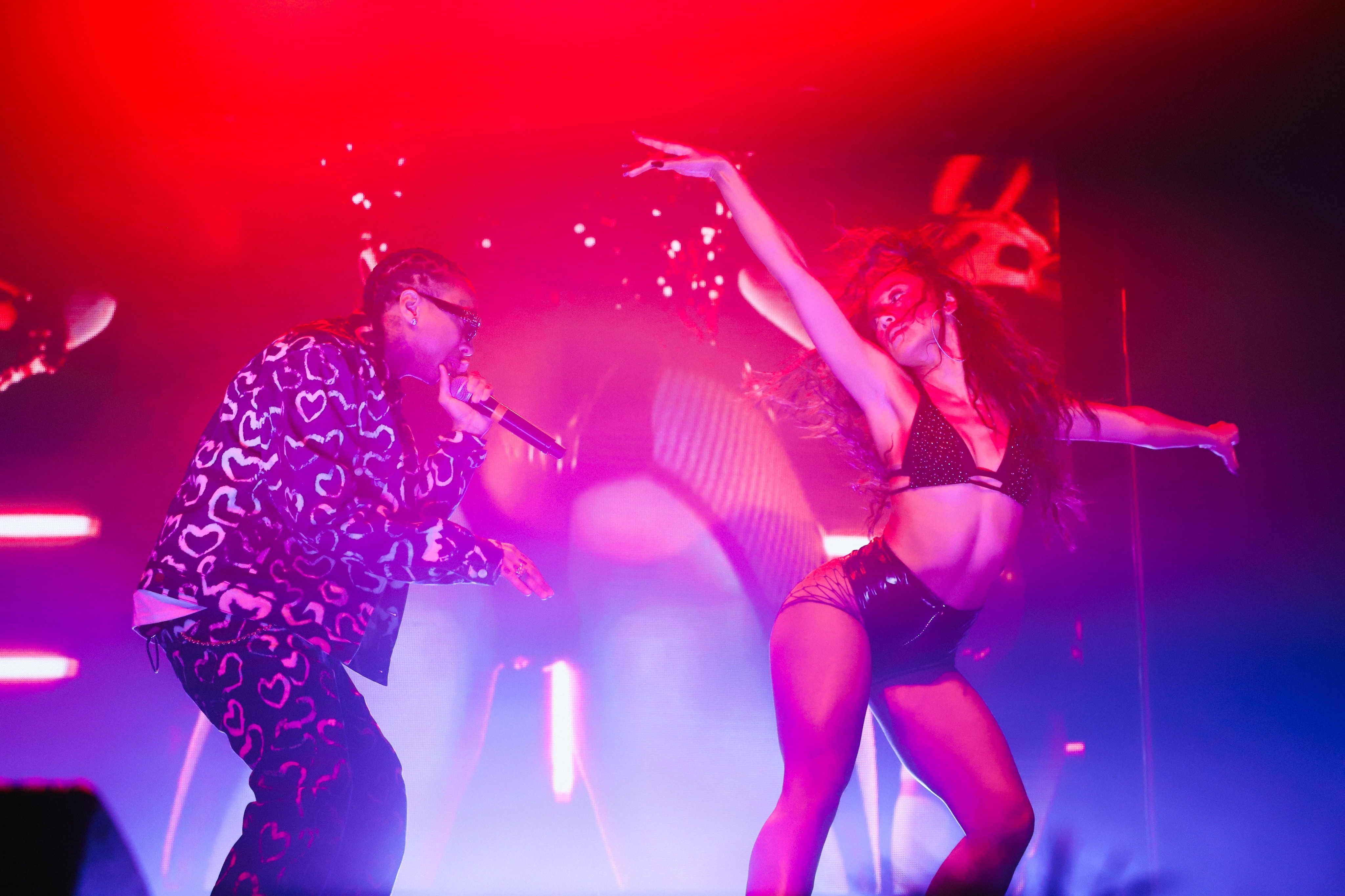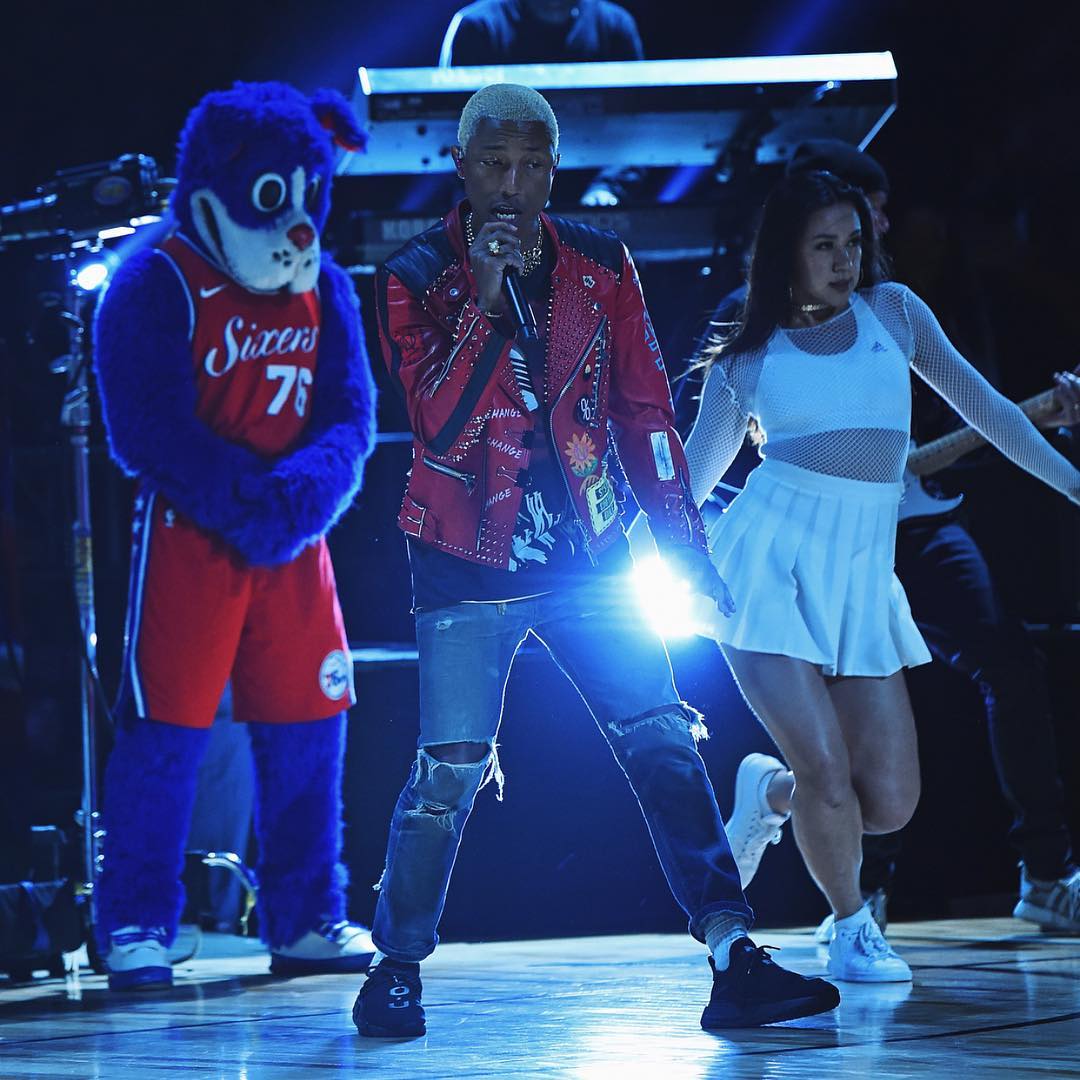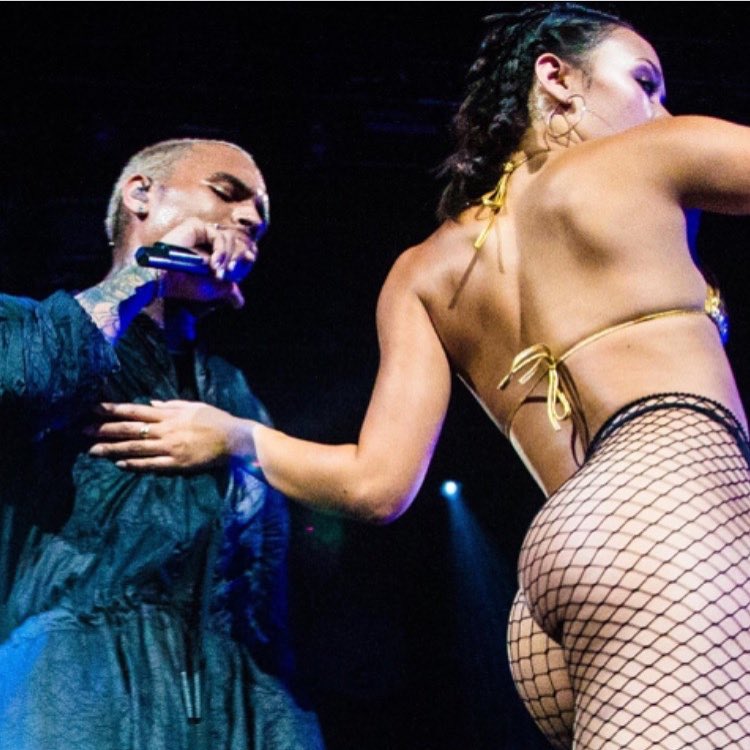When Teresa Ofoia shared the stage with major artists like Chris Brown, Rihanna, Doja Cat and Tyga, she would perform as the most seductive version of herself, exuding major sex appeal and beauty. That's what dancers in the modern era do, to match hyper-sexualized music. Ofoia, 27, loved watching music videos since she was a little girl and is now living a reality that was once a dream.
Ofoia moved from Hawaii to Los Angeles on a whim at 19 to pursue dance after her friend’s mom told her about an agency casting call in North Hollywood. She flew to Los Angeles the day before the audition, and never moved back to Hawaii.
It all started when Ofoia beat out another woman for a lead role. She chose to be friendly and kind to that woman instead of competitive. The woman led her to booking a major tour when they saw each other at a dance class months later. It turned out the woman had a close connection to Brown’s choreographer. She recommended Ofoia for the job, and the rest is history.
Not that Ofoia romanticizes the role. Music videos have always objectified women, especially over the last few decades, Ofoia says.

Clip of Teresa Ofoia performing on stage with Tyga on his world tour.
“As time has progressed, we’ve just gotten more ballsy and straight to the point. Back when they were chasing one woman, it might have been a little bit more cute and respectful, but she was still looked at as a thing to possess,” she said.
Music and lyrics serve as a direct reflection to culture and what is trending in society. The evolution of music, over the years, has slowly normalized derogatory behavior towards women, perpetuating misogyny and traditional submissive gender roles. Reflecting back to oldies and even 90’s R&B, the culture of love songs were passionate and had a common pattern of chasing their one, dream woman. Now, having a choice of multiple women is common in music video culture.
Lyrics in modern day music often refer to women as inferior and subordinate. Is music the reflection of a systematic patriarchal culture or did society follow the cultural normatives of what a male-dominating industry allows?
It depends on who you ask.
Sociologists and psychologists have been able to determine that music plays a crucial factor in one’s behavior and upbringing. Music has the power to lighten your mood, make you cry tears of joy, bring back the happiest memories of your life. Alternatively, music can do the opposite and trigger some of the darkest memories in your life, enable negative moods and spark sad energy within.
Music encouraging misogyny plays while we’re listening to the radio, walking in the malls, and doing everyday tasks. People may not intentionally absorb music that encourages hypersexualization of women, but when it is popular and played everywhere, it can have a subconscious impact on our culture.

Dorian Ortega, a female mental health therapist who incorporates the perspective of dealing with oppression in her practice, believes that there is a larger societal issue when it comes to sexism in music and its correlation to male dominance.“I think that when those types of lyrics exist, it creates an idea and notion that young women are expected to perhaps act a certain way, perhaps dress a certain way, perhaps fall in love in a certain way, be in a relationship in a certain type of way.”
Ortega said music perpetuates a false idea that the misogynistic lyrics are supposed to be received with love and acceptance because music romanticizes the idea that when a man expresses their love, women are expected to receive it, since men don’t usually express emotions.
A 1995 laboratory study analyzed the cognitive behaviors of men when they listened to misogynous rap music. The results found the music facilitated sexually aggressive behavior and sexual aggression. Music glorifies the idea that men have to be loud, aggressive, or violent to be seen, heard, and respected, the study found.
There is a deeper-rooted issue within society that music contributes to. It affects communities, schools, and families, because it encourages unhealthy behaviors and self-esteem challenges. A young person might have to either push away from this expectation, lean into the expectation or fall somewhere in between, Ortega says.
The USC Annenberg Inclusion Initiative, led by Stacy L. Smith, analyzed gender inequalities of artists, producers, and songwriters who made up the top 700 songs on Billboard’s Hot 100 charts between 2012 and 2018.
Examples of deragatory & misogynistic songs that hypersexualize women

“It’s So Easy”
- Guns N' Roses
Turn around bitch I got a use for you. Besides you ain't got nothin' better to do and I'm bored.
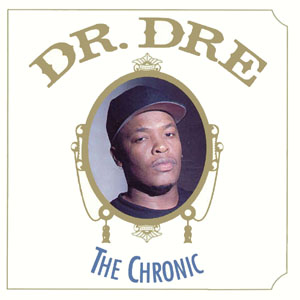
"Bitches Ain't Shit"
- Dr. Dre
Bitches ain't shit but hoes and tricks. Lick on these nuts and suck the dick. Gets the fuck out after you're done.
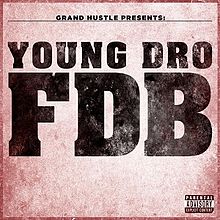
"F.D.B."
- Young Dro
Ho keep talking bout "fuck me"... man, fuck that bitch. Ho told you she ain't fuck me, then I'll fuck that bitch.

"Animals"
- Maroon 5
Baby I'm preying on you tonight. Hunt you down, eat you alive. Just like animals. Maybe you think that you can hide, I can smell your scent for miles. Just like animals.
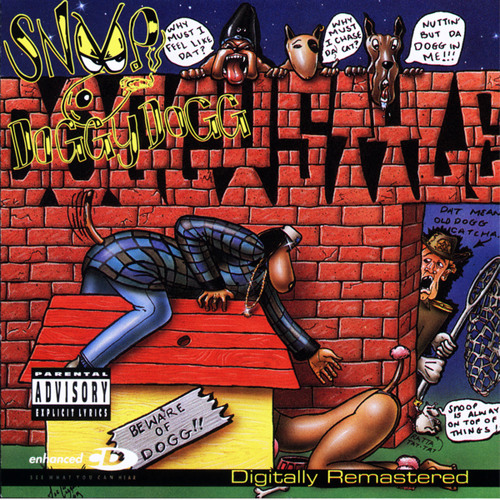
“Ain't No Fun”
- Snoop Dogg ft. Nate Dogg, Kurupt & Warren G
Before you opened up your gap. I had respect for ya lady but now I take it all back cause you gave me all your pussy and you even licked my balls.

"Why Don’t We Go There?"
- One Direction
If you give in tonight, just let me set you free. We'll touch the other side, Just give me the key. Say the word, say the word but don't say "No."

"Wouldn't Get Far"
- The Game
You wouldn't get far, fuckin' them rap stars. You know who you are, put your hands up ladies. You wouldn't get far, if you kept your legs closed. It would be just a waste of time.

"U.O.E.N.O."
- Rocko ft. Future, Rick Ross
Put Molly all in her champagne, she ain’t even know it. I took her home and I enjoyed that, she ain't even know it.
The research revealed an extreme disparity. Eighty-three percent of interviewees claimed that they experienced discomfort in the studio. Thirty nine percent were objectified and 25 percent state that they were the only, or one of the few women in the room.
Twenty-five percent also “spontaneously stated that gender stereotypes guided others’ expectations about their behavior, treatment, or opportunities they were given.”
The five most powerful people within the music industry, who have utmost complete control over the top major record labels, and can change the course of the music industry by the flip of a switch are all men: Blavatnik, Vincent Bolloré, Ma Huateng, John Malone and Greg Maffei, and Kenichiro Yoshida.
What would music look like, if even half of the people behind the scenes of our most popular songs were women? It might be a long time before we ever know.
Perry B. Johnson, a Ph.D. candidate at the USC Annenberg School for Communication and Journalism and research fellow with The Popular Music Project, studies the history of sexual misconduct, sexism, and sexual abuse within the American music industry. Johnson claims that incidents of sexual abuse are not the result of bad apples, but a result of sexism being built into the music industry in a way that has enabled the perpetuation of abuse to continue throughout history.
“There are structural limitations. It's not a matter of not enough qualified women. It's not a matter of women not wanting to be in these spaces, not being capable or successful. It's much more of a structural or cultural issue in terms of what's keeping the music industry disproportionately male in certain spaces,” Johnson said.
“Women are not confined to stay at home moms, so women have ‘made it.’ We're going to hold up these magazine covers, these artists, these charts, to show how women have made it. But what often happens is that it falls out of the conversation and now, it's like we're way back down where we were before,” Johnson explained.
Alexis Jackson, singer and songwriter at LA Recording School, believes that women are sexualized more within the music industry than before because of clout. When someone has clout, they have a great amount of influence and popularity.
“In old R&B and rap videos, you had video vixens. They had some sexy to them, but they were more discreet, she said. Now, “You just have a whole bunch of women half naked, dancing by the car, while the men get to call them bitches. Seeing that, changes the dynamic of how women are sexualized.” Objectifying women would give one more clout, or deemed “cool” today, than it would before.
“Clout really did change everything. I feel like it changed music, fashion, the rap game, music-- like everything,” Jackson said.
Misogyny runs rampant in rap and hip-hop music. A study found rap was more sexually explicit than any other genre, such as metal and rock, where blatant disrespect was uncommon.
As music began to start being more “ballsy,” as Ofoia puts it, people in political power were not happy about it. During the 90s, explicit lyric warnings had to be put on CDs. It started when Tipper Gore, then Al Gore’s wife, gave her daughter Prince’s Purple Rain album, and was alarmed by the lyrics referencing female masturbation in the song “Darling Nikki.”
Gore and three other women in politics formed the Parents Music Resource Center (PMRC), a campaign that warns parents against explicit lyrics with “parental advisory” labels. This group compiled a list that they referred to as the “Filthy Fifteen,” that consisted of Madonna, ACDC, Cyndi Lauper, Prince, and other major artists to classify their albums as “porn rock.”
Jill Stoddard, a psychologist, author, and TEDx speaker, says that patriarchal messages come from the day we are out of the womb, and music is just like advertising in magazines and television -- it’s insidious. “Sometimes it's implicit bias. Sometimes it's very overt music, referring to women as ‘bitches’ and ‘hos’ that objectifies women, and breaks women down to their body parts. I think that in conjunction with all the other many ways that we get those messages over time, it causes us to really internalize the patriarchy,” Stoddard states.
“I don't think that we listen to this music necessarily and consciously go, ‘Huh? That message doesn't seem quite right’ It is something that just sort of continuously evades our senses,” Stoddard says.

Rap and hip-hop music became prominent in popular music culture, eventually surpassing rock. Music that revolved around emphasizing women's beauty and individuality, transitioned to frequently using the terms “ho” and “bitch” as descriptive words about women. The excessive use of the word “bitch” makes it hard to see links between the word and patriarchy.
“I think it can be very confusing for males. It limits their emotions to anger. Where’s the room for sadness? Where's the room for genuine joy? Where's the room for respecting my partner?’ said Ortega. “Music is just music. But when we act on these things in our day to day life, there’s real world consequences. We see criminalization, difficulties with keeping families together, violence in communities and people losing their lives.”
Female artists like Lil’ Kim, Nicki Minaj, Missy Elliot, City Girls, Cardi B and Megan Thee Stallion reclaim derogatory names and challenge traditional gender norms. The word “bitch” being used as a way to demean women and exert control is now a word of endearment in modern day music. While also outwardly expressing their sexuality and showing financial independence, women are changing traditional narratives and gender roles.
“We don't have to all believe that male dominance is true and that women have to be this way or that way. The unfortunate part, though, in the music industry is that male dominance is so powerful that you'll hear a lot more [derogatory music]. It's popularized music. And that's where the challenge is. It's hard to escape,” Ortega said.

